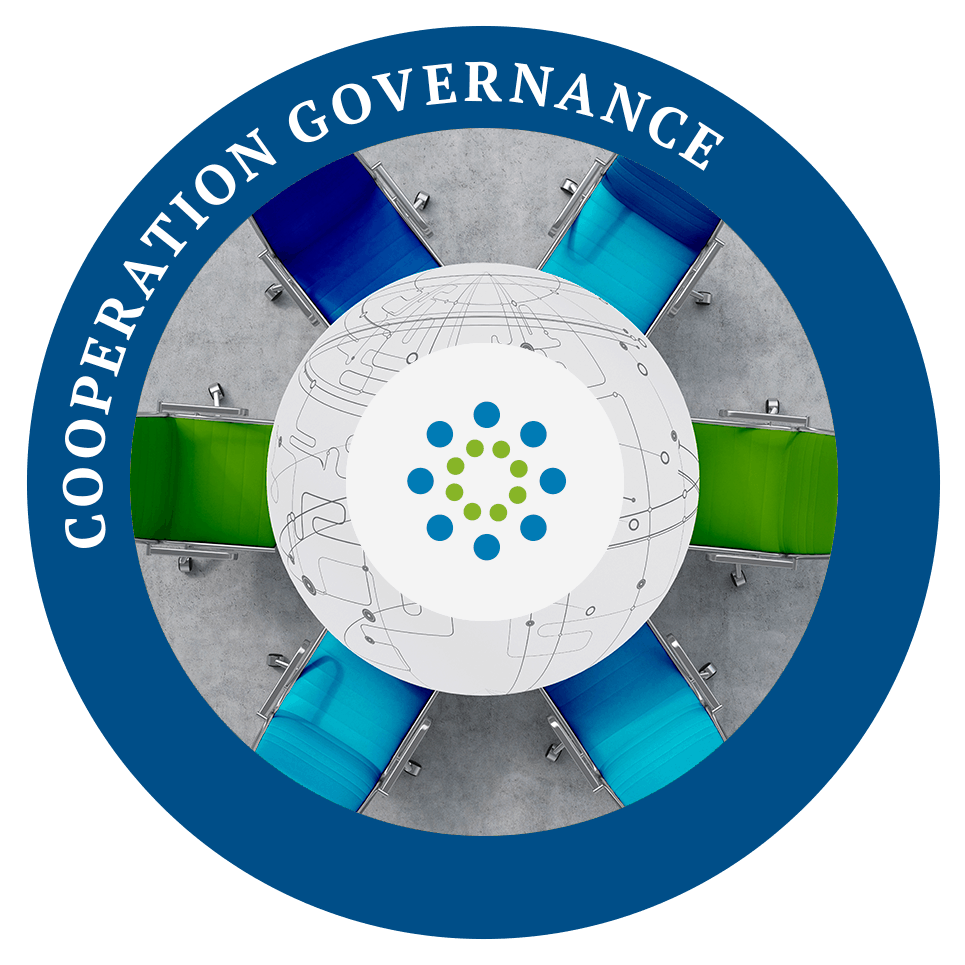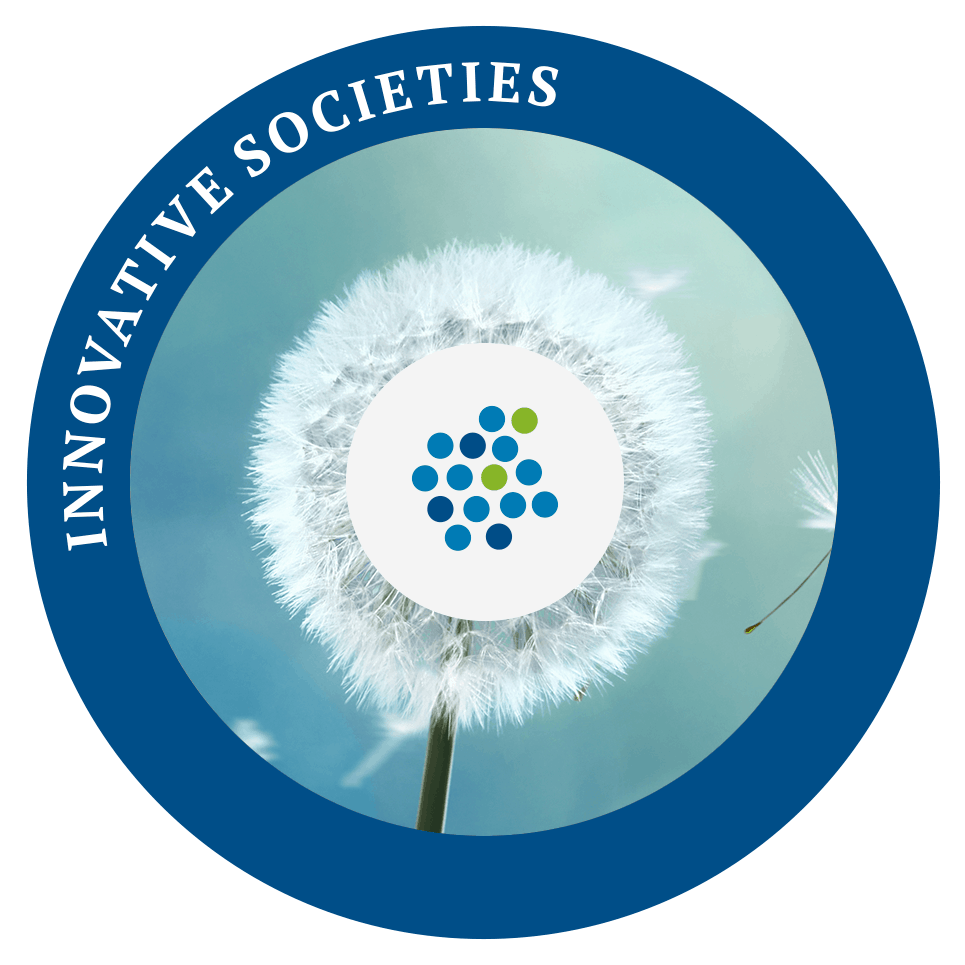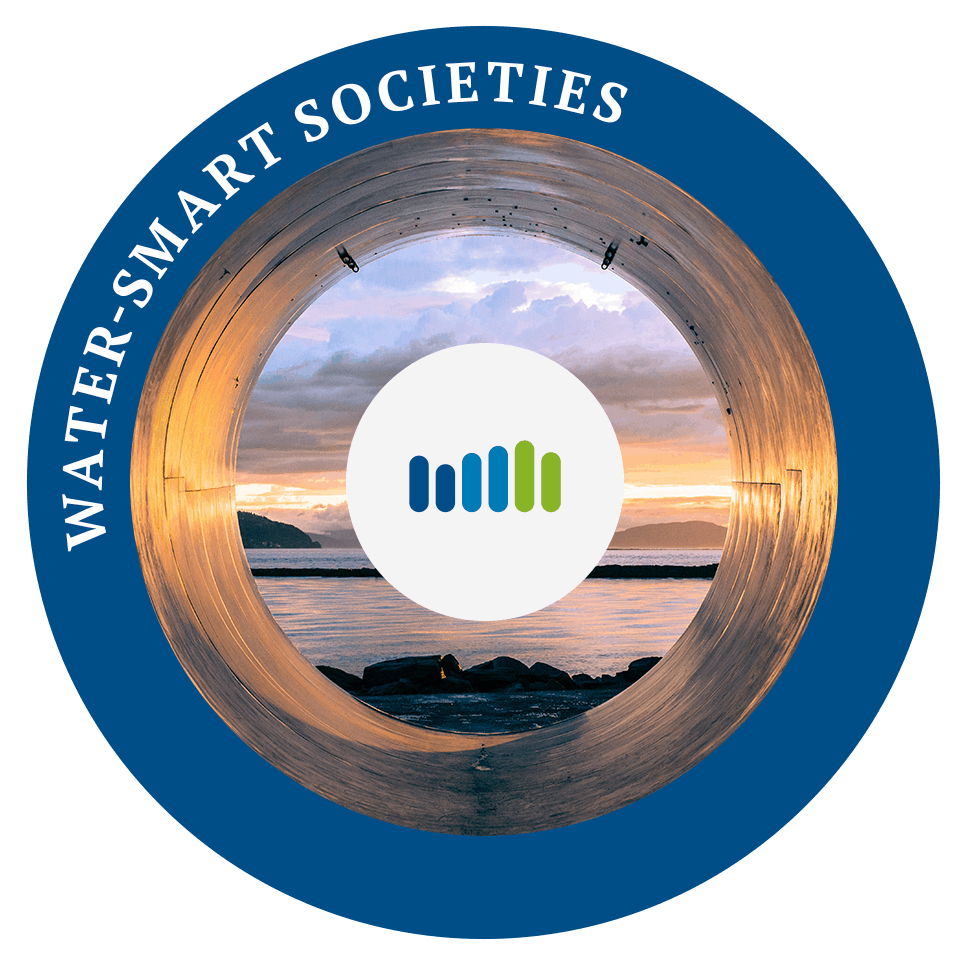priority 4: Cooperation governance
Objective 4.1
Project Platforms
The Programme supports the cooperation of EU-funded projects in project platforms. These actions bring the results of various projects to stakeholders in the Baltic Sea region in a structured way. They show how the different results complement each other, making use of synergies across EU funds.
What are project platforms?
The Programme supports the cooperation of EU-funded projects in project platforms. These actions bring the results of various projects from different EU funding programmes to stakeholders in the Baltic Sea region in a structured way. The actions of project platforms help public authorities and other organisations access project results more easily. They show how the different results complement each other, making use of synergies across EU funds.
Interlink and synthesis solutions
The proposed actions identify solutions developed by projects and other initiatives in EU funding programmes, also co-funded by non-EU country Norway, relevant for the Baltic Sea region and interlink and synthesise them. The actions focus on communicating and transferring these syntheses of solutions to broader target groups going beyond usual partnerships.
Policy change in the region
Specifically, the actions target public authorities as main drivers of policy change in the region. In addition, actions closely involve relevant pan-Baltic organisations to strengthen communication as well as policy area coordinators of the EU Strategy for the Baltic Sea Region to introduce this synthesis into regional policy frameworks. The Programme supports the work in project platforms in line with the Programme’s thematic priorities.
What can I do in my project?
We believe our platforms help implement several important strategies in our region, and, in particular, the EU Strategy for the Baltic Sea Region.
Synthesise solutions from EU funded projects
Identify solutions developed by different Interreg and other EU funded projects relevant for the Baltic Sea region, structure them and make synthesis based on the needs of the target groups;
Reach out to stakeholders
Set up communication channels and learning tools to reach out to public authorities and other organisations to give them access to synthesis of solutions;
Involve policy-making
Address policy-making needs on complex challenges that require solutions from different Interreg and other EU-funded programmes across different levels of governance and different sectors;
Analyse know-how
Analyse know-how developed in research and innovation projects as well as experiences with investment projects co-financed from EU funds and combine them with the findings of Interreg projects;
Engage public authorities
Introduce syntheses of solutions into the daily work of public authorities, specialised agencies and others organisations working in these thematic areas;
Support policy development
Reach out to relevant policy and decision-making authorities and other organisations at the national and pan-Baltic level and provide them streamlined results from different Interreg and other EU-funded projects for more efficient development of policies and governance structures.
Sign up now
Newsletter subscription
Four priorities & nine objectives
Four priorities for cooperation
Interreg Baltic Sea Region 2021-2027 creates opportunities for organisations to connect
as if there were no borders. With experience and EU funding, we help them cooperate and put their ideas into practice.
Jointly, we make the life of people around the Baltic Sea better.
The Programme is structured along with four priorities. They guide partners in achieving the most when cooperating across borders.
Priority 1
Innovative societies
1.1 Resilient economies and communities
1.2 Responsive public services
Priority 3
Climate-neutral societies
3.1 Circular economy
3.2 Energy transition
3.3 Smart green mobility
Overview: all the Programme objectives
Resilient economies and communities
Objective 1.1
under Priority 1: Innovative societies
Sustainable waters
Objective 2.1
under Priority 2: Water-smart societies
Circular economy
Objective 3.1
under Priority 3: Climate-neutral societies
Project platforms
Objective 4.1
under Priority 4: Cooperation governance
Responsive public service
Objective 1.2
under Priority 1: Innovative societies
Blue economy
Objective 2.2
under Priority 2: Water-smart societies
Energy transition
Objective 3.2
under Priority 3: Climate-neutral societies
Macro-regional governance
Objective 4.2
under Priority 4: Cooperation governance
Resilient economies and communities
Objective 1.1
under Priority 1: Innovative societies
Responsive public service
Objective 1.2
under Priority 1: Innovative societies
Sustainable waters
Objective 2.1
under Priority 2: Water-smart societies
Blue economy
Objective 2.2
under Priority 2: Water-smart societies
Climate-neutral societies
Objective 3.1
under Priority 3: Climate-neutral societies
Energy transition
Objective 3.2
under Priority 3: Climate-neutral societies
Smart green mobility
Objective 3.3
under Priority 3: Climate-neutral societies
Project platforms
Objective 4.1
under Priority 4: Cooperation governance
Macro-regional governance
Objective 4.2
under Priority 4: Cooperation governance
News
Food packaging in retail: how to reduce single-use packaging?
Do we really need all this packaging? Stores are full of all kinds of single-use packaging, from plastic to metal and cardboard. But is it really necessary...
(No title)
No One at 0%, No One at 100%: The Spider Web Model for Everyday Sustainability
We’ve created an easy-to-use tool designed to help you live more sustainably. The Spider Web Model is here to make circular living accessible for everyone, no...
PA Energy Online Workshop for Project Developers
PA Energy Online Workshop for Project Developers: “Partner Matchmaking & Idea Generation for Cooperation in relation to energy issues” (Online)...
Grand results of the first round of small projects!
Despite the winter scenery, the results of 17 finalised Interreg Baltic Sea Region projects are in full bloom! And behind them lie two years of intensive work across borders, mutual learning and inspiration, and connections that last.
Climate-neutral future at hand for Baltic Sea region cities
Turning a city into a climate-neutral one requires knowledgeable people, thorough planning and solid financial resources. But how can cities manage this transition smoothly? The Interreg project Climate-4-Case guides cities around the Baltic Sea on how to do that right.
Designing Interreg Baltic Sea Region that belongs to everyone
10 December 2025 Designing Interreg Baltic Sea Region that belongs to everyone Written by Eeva...









